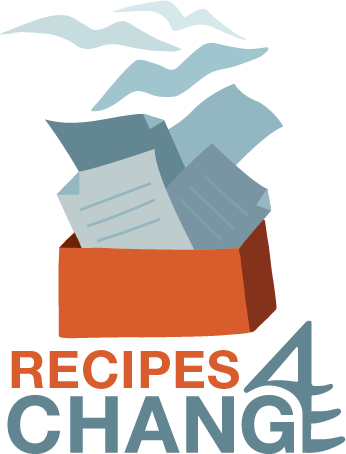Fear Of Flying
Are you afraid to fly? I certainly was. I don’t quite remember at what age I developed this fear of flying but I did notice that it got progressively worse after having children.
Becoming a mother made me think more about this fear as I didn’t want any of my children to inherit my fear of flying or anything else that might hold them back from living life to the full.





